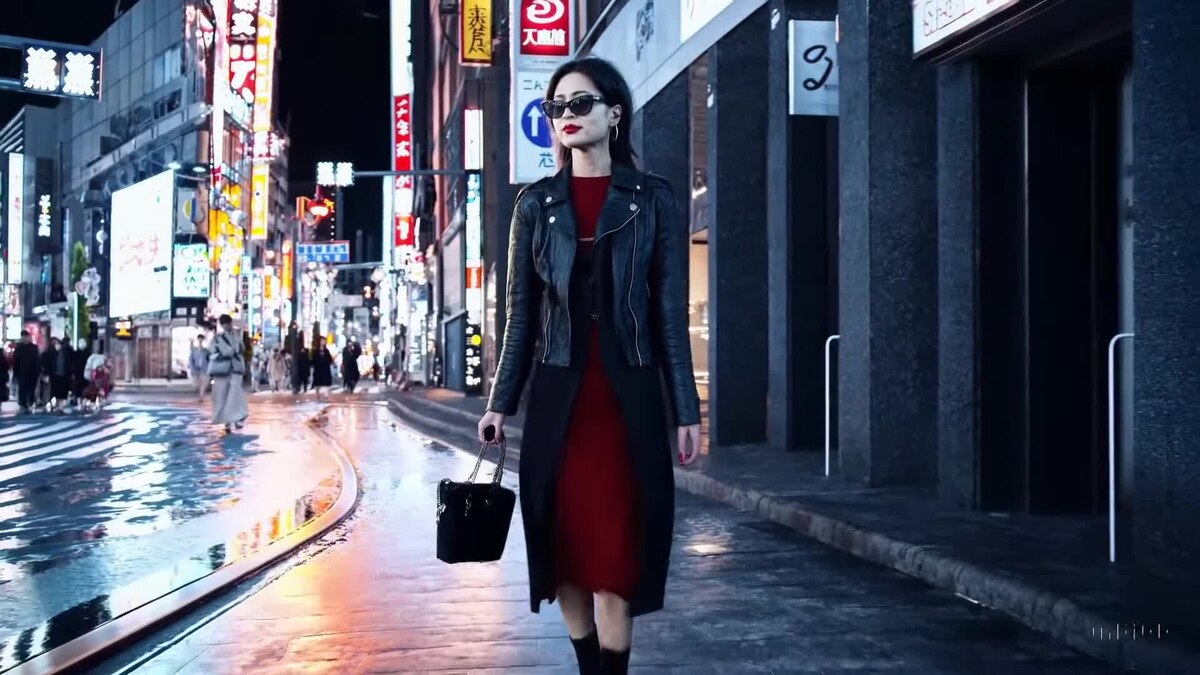OpenAI Sora's Impact on Film Industry Jobs
Core Concepts
The author argues that the introduction of OpenAI's video generator, Sora, poses a significant threat to traditional studio production in the film industry due to its advanced capabilities in creating realistic footage from text prompts.
Abstract
Tyler Perry has paused the expansion of his Atlanta studio complex after witnessing the capabilities of OpenAI's Sora, expressing concerns about job losses in the film industry due to artificial intelligence advancements. The AI tool, launched with limited access, can generate minute-long realistic footage from simple text prompts, potentially eliminating the need for physical sets and location shoots. Hollywood actors and writers have previously raised concerns about AI's impact on jobs, leading to agreements with restrictions on its use.
Customize Summary
Rewrite with AI
Generate Citations
Translate Source
To Another Language
Generate MindMap
from source content
Visit Source
advanced-television.com
Open AI Sora ‘could end studio production’
Stats
Tyler Perry paused an $800 million expansion of his Atlanta studio complex.
OpenAI's video generator Sora can produce realistic footage from text prompts.
The AI tool was launched on February 15th with limited access.
Concerns over AI's impact on jobs were highlighted during recent Hollywood strikes.
Quotes
"I had gotten word over the last year or so that this was coming, but I had no idea until I saw recently the demonstrations of what it’s able to do. It’s shocking to me." - Tyler Perry
Key Insights Distilled From
by at advanced-television.com 02-23-2024
https://advanced-television.com/2024/02/23/open-ai-sora-could-end-studio-production/
Deeper Inquiries
How might advancements in AI like OpenAI Sora reshape other creative industries beyond film?
Advancements in AI, such as OpenAI Sora, have the potential to reshape various creative industries beyond film by automating content creation processes. For example, in music production, AI algorithms can compose original pieces based on specific genres or moods inputted by users. In advertising and marketing, AI can personalize campaigns at scale by analyzing consumer data and creating targeted content. Additionally, in the gaming industry, AI can generate immersive virtual worlds and dynamic narratives tailored to individual player experiences. Overall, these advancements could streamline production workflows, reduce costs, and enable more personalized and engaging content across different sectors of the creative industry.
What potential ethical considerations arise from relying heavily on AI for content creation in entertainment?
Relying heavily on AI for content creation in entertainment raises several ethical considerations that need to be addressed. One major concern is the displacement of human workers due to automation leading to job loss within the industry. This could result in economic instability for individuals who rely on these jobs for their livelihoods. Furthermore, there are concerns about bias and lack of diversity in content generated by AI systems if not properly monitored and regulated. There is also a risk of misinformation or deepfakes being created using advanced AI technology which could have negative societal impacts if used maliciously. It is crucial for stakeholders to establish guidelines around transparency, accountability, and fairness when utilizing AI tools for content creation.
How can traditional studios adapt and compete with emerging technologies like OpenAI Sora?
Traditional studios can adapt and compete with emerging technologies like OpenAI Sora by leveraging these tools to enhance their existing creative processes rather than viewing them as threats. Studios can invest in training their workforce to work alongside AI systems effectively while emphasizing human creativity and emotional intelligence that machines cannot replicate entirely. By combining the strengths of both humans and machines, studios can increase efficiency without compromising artistic integrity or quality standards. Additionally, traditional studios should focus on developing unique storytelling techniques or niche markets that differentiate them from automated content generators like Sora. Collaborations with tech companies or hiring experts in artificial intelligence could also help studios stay competitive in an evolving landscape where technology plays a significant role in content creation.
0
